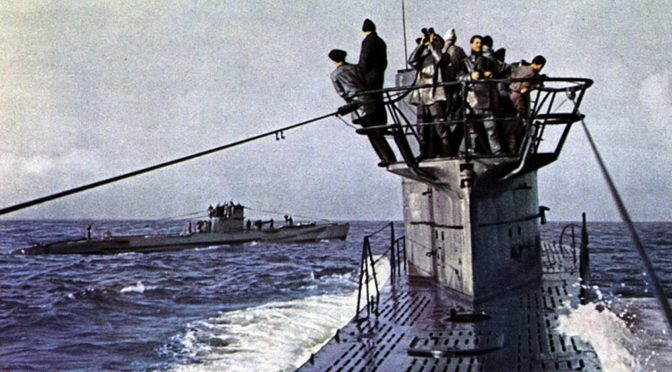Maritime warfare has become a pivotal strategic element in shaping global power dynamics, particularly in the Atlantic region. In recent years, rising geopolitical tensions, advancements in naval military technology, and the need to secure sea trade routes have all emphasized the significance of maritime conflict in determining regional stability. Nations bordering the Atlantic are not only confronting physical threats from these conflicts, but also facing economic, political, and social challenges. Shifting naval strategies and evolving alliances are actively redefining diplomatic relations among Atlantic states, while also affecting the broader landscape of global commerce and security.
Escalating Naval Conflicts Threaten Atlantic Trade Corridors
In the current geopolitical landscape, the intensification of naval disputes is placing major Atlantic trade routes at risk. These corridors, crucial for global supply chains, have become zones of heightened surveillance and military activity. Several Atlantic nations, notably those in Western Europe and the eastern Americas, are accelerating their naval modernization programs to deter unauthorized incursions and protect commercial vessels.
Consequently, maritime patrols have increased, leading to a greater number of joint exercises among allied nations. While this cooperative defense posture serves to prevent potential blockades, it also raises concerns about accidental confrontations. Transitioning from peacetime operations to readiness stances often leads to increased operational costs and political strain. Nations like the United Kingdom, France, and the United States are realigning their strategic naval assets to maintain control over these key sea lanes.
Furthermore, developing nations in West Africa and the Caribbean are navigating complex diplomatic waters. They must balance cooperation with larger powers while asserting their own maritime sovereignty. The economic cost of maintaining naval forces is immense for smaller states, prompting greater regional collaboration through multilateral organizations.
Strategic Shifts Reshape Atlantic Power Balance
The evolution of naval strategy is significantly altering the balance of power across the Atlantic. Military doctrines have shifted focus from traditional sea battles to hybrid tactics that incorporate cyber warfare, unmanned systems, and intelligence-driven operations. These innovations allow smaller nations to exert influence disproportionate to their size, complicating existing defense frameworks.
Transitioning from conventional deterrence to agile response models, navies are adopting flexible deployment structures. Amphibious units, drone fleets, and satellite-linked command systems are being prioritized. These tools not only improve rapid response but also enhance surveillance capabilities over vast maritime zones.
Meanwhile, long-standing alliances such as NATO are adapting their naval policies to accommodate new threats. This includes intensifying naval drills and expanding intelligence-sharing frameworks. As a result, member states are reviewing their maritime budgets and reshaping training programs to meet modern demands.
On the civilian front, fishermen, shipping operators, and coastal communities are increasingly integrated into security initiatives. Their observations and reporting now contribute to threat detection systems. Although this multi-layered approach strengthens resilience, it also reflects the growing reach of naval strategy into civilian life.
Policy Gaps Leave Smaller Nations Vulnerable
Despite increased cooperation among larger Atlantic powers, many smaller nations remain exposed to risks. Policy gaps regarding information sharing, coast guard training, and joint enforcement operations continue to hinder regional stability. Several coastal states lack the legal and technological infrastructure to monitor and defend their territorial waters effectively.
Additionally, illicit activities such as smuggling and illegal fishing have surged in contested maritime zones. These incidents undermine local economies and often escalate tensions. Without adequate support, these nations are unable to respond swiftly, highlighting the urgent need for inclusive security partnerships.
International institutions are now focusing more on capacity building and regional support frameworks. Programs that promote transparency, legal enforcement, and intergovernmental coordination are slowly gaining momentum. However, until such systems are fully implemented, the risks associated with unchecked maritime threats will persist, especially in vulnerable Atlantic territories.
